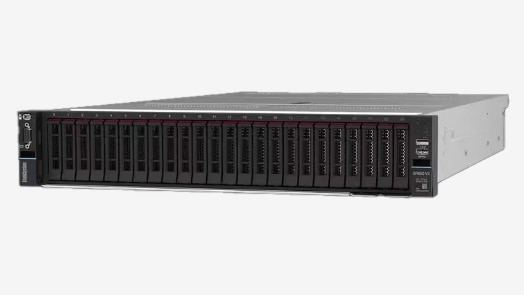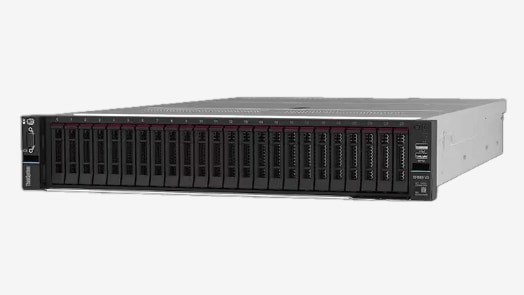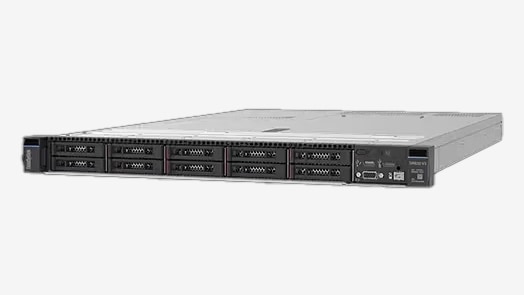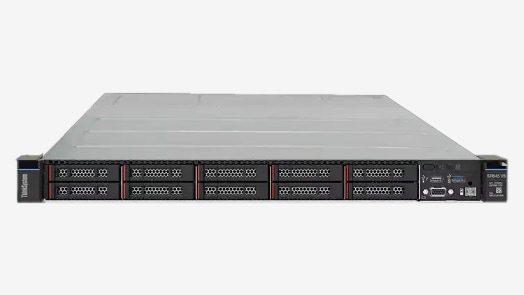
Big Data & Analytics
Take control of the growing volume, variety & velocity of your data.
We offer high performance and cost-effective data management and analytics that will help your business thrive.
Overview
To gain better business insights, you need to take control of the growing volume, variety & velocity of data. Lenovo-engineered big data validated designs on Lenovo servers provide highly reliable and flexible foundations for your business analytics solutions so you can unlock the value of your data and deliver insights faster.
Our solutions complement industry-leading software to provide:
- High-throughput capacity that enables you to respond quickly
- Outstanding scalability so you can grow as your workloads grow
- Optimized systems and validated designs for faster time to value
Benefits


Solutions

Cloudera Data Platform
Lenovo solutions for Cloudera Data Platform allow organizations to run large-scale, distributed analytics on diverse data easily and quickly through a massively parallel processing environment. The solutions support entry size through high-end configurations
and the ability to easily scale as enterprise use of big data grows.

Splunk
Lenovo Solutions for Splunk Enterprise harness the untapped value of machine data to help companies provide operational efficiencies and better customer experiences. The solutions provide faster time to deployment and are highly scalable as your machine
data grows.
Harnessing the power of big data

High Performance Computing
As the world's leading provider of Top500 Supercomputers, including some of the most sophisticated supercomputers ever built, we help organizations rapidly process big data to solve humanity's greatest challenges.

Artificial Intelligence
Our AI-ready servers and storage solutions help you unearth sharper insights that transform your customers' experience. Make fast, accurate sense of data for even the heaviest high-performance workloads.
Products

ThinkSystem SR650 V3
Lenovo ThinkSystem SR650 V3 is a 2S/2U rack server designed for performance, flexibility and reliability.

ThinkSystem SR665 V3
Lenovo ThinkSystem SR665 V3 is a 2S/2U rack server with the power to manage intensive workloads.

ThinkSystem SR630 V3
Lenovo ThinkSystem SR630 V3 is a 1S/2U rack server maximized for performance.

ThinkSystem SR645 V3
Lenovo ThinkSystem SR645 V3 is a 2S/1U rack server designed with the versatility for complex workloads.
Services

TruScale Infrastructure Services
Leverage real-time monitoring, 24x7 incident response, and problem resolution, all through a single point of contact. Quarterly health checks ensure ongoing optimization and business innovation. Lenovo provides remote active monitoring of hardware in the customer’s data center, enabling ongoing performance and productivity.

AI Services
Get from an idea to a pre-production AI solution in just weeks. Optimized for NVIDIA AI Enterprise and leveraging accelerators like NVIDIA NIMs, Lenovo AI Fast Start for Enterprise accelerates use case development and platform readiness for AI deployment at scale.

Support Services
Ensure peak IT performance with a single point of contact for all your data center support needs. Benefit from end-to-end case management, scalable SLAs, tailored warranties, and 24x7 technical support with global engineering coverage.

Managed Services
Lenovo Managed Services supports your team with actively monitored, optimized environments that enhance performance, improve the end-user experience and simplify operations. With a trusted partner and a scalable suite of flexible options to manage your technologies and vendors, your IT team can prioritize strategic imperatives and building the digital workforce of tomorrow.
Need more information?
Fill out this form so a Lenovo representative can contact you.
Frequently Asked Questions on Big Data & Analytics
